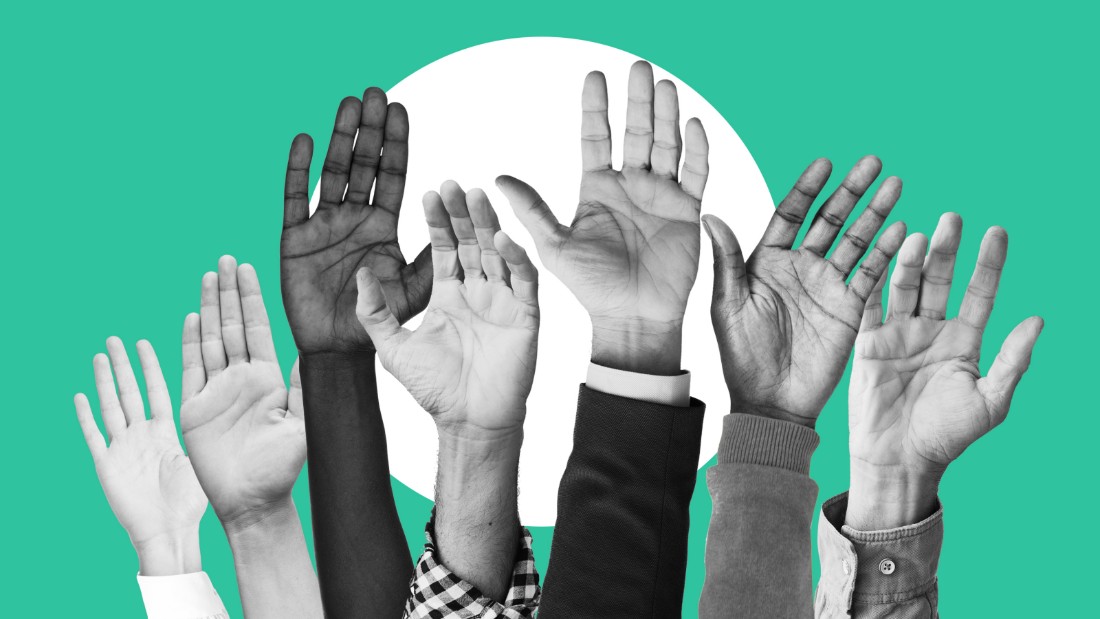
Just as women can be turned away from roles in male-dominated fields, men can also be turned down for jobs in female-dominated industries, according to a new study conducted by Jill Yavorsky, assistant professor of sociology and organizational science at the University of North Carolina at Charlotte.
Yavorsky and her team of researchers sent nearly 6,000 résumés from fictitious male and female candidates with comparable skills to jobs in working-class and middle-class fields. They found that potential hiring discrimination affected both genders across a variety of industries.
The study looked at blue-collar jobs in male-dominated fields like manufacturing and janitorial work, and female-dominated professions like housekeeping and customer service. Résumés were also submitted to white-collar roles in sales, financial analysis, human resources and administration support.
"This study points out that there are still many stereotypes about women and their abilities, and men and their abilities, that continue to impact hiring decisions, in ways that harm both men and women," says Maya Raghu, director of workplace equality and senior counsel at the National Women's Law Center.
What happens when you submit a résumé
Gender discrimination is rooted in socialized ideas about men's and women's natural aptitudes for different jobs. Because men are presumed to be stronger and more physically adept than women, Yavorsky says, they're put ahead of women for jobs in manufacturing and manual labor.
"Women face substantial barriers to entry, still, and a lot of that is based on stereotypes about women's capabilities and their interest in the job," Raghu says. "Things like 'This job requires you to be strong, and women aren't strong' or 'This job is dirty work and women don't like to get dirty.'"
Because women are presumed to be naturally friendly and organized, they're likelier to win an office administration job over an equally qualified male candidate. But men are also less likely to get these jobs because work associated with women is often seen as beneath a man's abilities.
"People feel uncomfortable when men are doing female-dominated work because female-dominated work could be potentially demeaning, because we devalue that work more," Yavorsky says.
What happens when you get the job
Men still have advantages over women once they're in the door. When men are hired into female-dominated fields, they're likely to be promoted more quickly than their female colleagues.
"There's still a perception of men having the 'right' qualities for leadership: being aggressive, being decisive," Raghu says. "All the things associated with leadership are still very gendered."
At first glance, women seem to have a better shot at male-dominated jobs in middle-class fields like finance and sales, versus jobs in blue-collar fields like manufacturing. But once they enter those industries, their career progress may be stymied by more biases along the way.
"Employers may also be open to the entrance of women into such jobs because these jobs are junior in rank and are associated with fewer rewards," Yavorsky explains. "For example, an entry-level financial analyst position like the ones I applied to is a less prestigious job than, say, a senior financial analyst position or finance manager. The true rewards are in higher-up jobs and thus discrimination and biases may occur during later attainment processes, such as promotions."
Some of these biases, Yavorsky says, can be spotted even in the early drafts of a job ad. Unconscious bias seeps into the language in the job description, already signaling to specific applicants that they might not be right for the job.
Employers can help correct course by paying close attention to decisions they make at this early stage of the hiring process, Raghu says.
"If you are a company that is consistently just drawing from a very small pool of applicants — the same schools or companies — then it's going to magnify any unconscious bias that might be at play," Raghu says. "Whereas if companies have a very deliberate and conscious plan to be more diverse in their recruitment and hiring, then there are things you can build in to eliminate discrimination and unconscious bias in the process."
Bagikan Berita Ini














0 Response to "Sexist hiring practices don't only hurt women. They hurt men, too"
Post a Comment